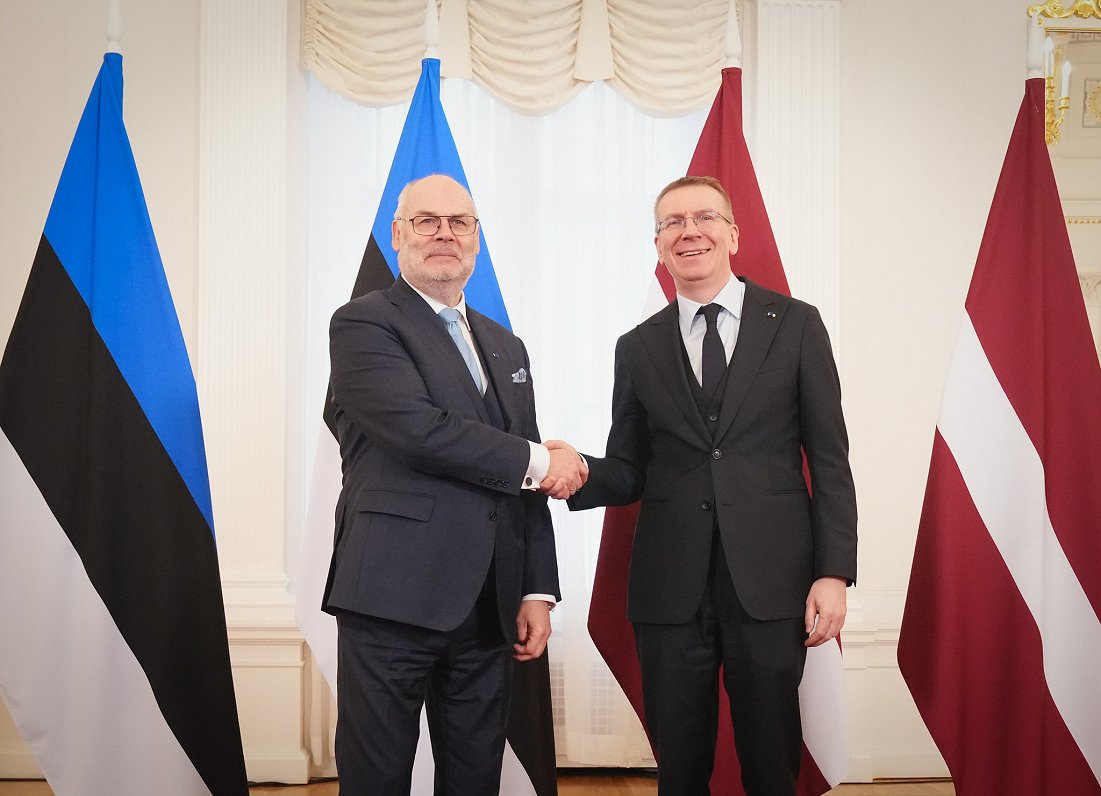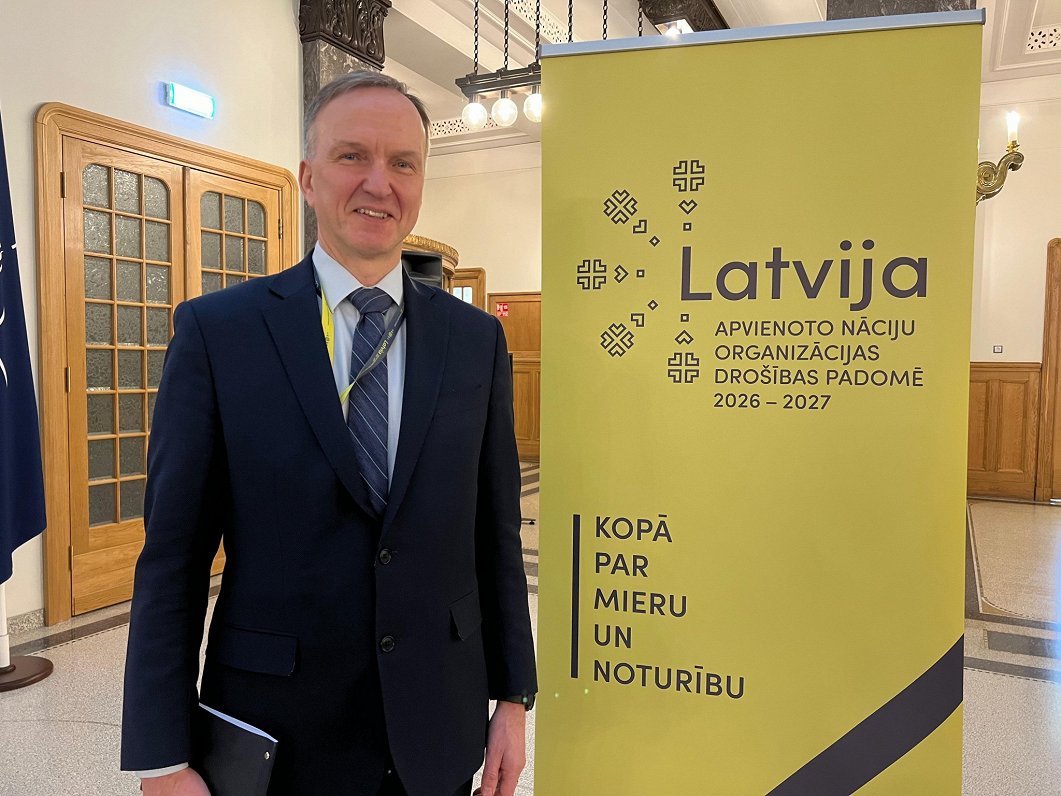Last year, 7 million euros were paid to employees at Latvian ministries in bonuses and cash prizes, reported the Latvian Television investigative programme “De facto” April 6.
Analysis conducted by De facto showed bonuses were paid to the majority of ministry employees who had worked for more than a year.
In addition, in many places the motivation and bonus system is used to offset low salaries, but this practice contradicts the goals of remuneration reform, for the implementation of which the government had not allocated sufficient funding, the programme claimed.
Starting this year, state and local government institutions must publish the salaries of their employees. The requirement applies to those who make public administrative decisions.
However, ministries interpret this rule in various ways. For example, the Ministry of Foreign Affairs (MFA) has disclosed the earnings of 171 of its employees, but the Ministry of Smart Administration and Regional Development has only disclosed the remuneration of one person – the State Secretary, which is 7,632 euros per month.
Only a few have indicated separate cash bonuses. For example, the data of the Ministry of Transport shows that State Secretary Andulis Židkovs had a monthly salary of 6,346 euros in February and an equally large cash award. He started working at the ministry only in October last year, in the position of State Secretary in December. But already in February, together with the rest of the team, he was awarded for attracting a strategic investor to “airBaltic” – process which has been years in the making. Eight people received a total of 32 thousand euros as a result.
Cash prizes, bonuses and allowances are ways to financially stimulate those working in public administration in addition to their monthly salary. The law allows for an annual evaluation of civil servants and the payment of bonuses based on the evaluation. The analysis conducted by the program “de facto” shows Ministries give bonuses to most of their employees, unless they are new hires.
The leaders are the Ministries of Agriculture and the Interior, where the number of bonus recipients is only two people fewer than the total number of employees. Edvīns Balševics, State Secretary of the Ministry of Regional Development and Regional Development, told the program that 90% of employees received bonuses last year.
The State Audit Office is currently investigating the remuneration system in public administration, and will present its conclusions in the fall. However, the De facto research also raised questions for the investigators.
“One of them is whether the bonus has actually become a guaranteed part of the remuneration that employees simply count on, that it is in a sense a reduced thirteenth-month salary,” said Gatis Litvins, a member of the State Audit Office Council.
The amount of bonuses depends on the assessment. For example, for excellent work, you can receive up to 75% of the monthly salary. But again, the evaluation principles also differ between ministries. The group of ‘excellent’ employees, and therefore the recipients of the largest bonuses, include only 3% of employees in the Ministry of Defence. Its State Secretary Aivars Puriņš mentioned that the evaluation “excellent” is rarely given, because it is believed that then the employee has exceeded all expectations and should be promoted.
In contrast, 78% of employees at the Ministry of Justice received an ‘excellent’ rating. In its commentary, it highlighted that this is how employees whose “competence, knowledge, skills and professionalism are beyond doubt are evaluated.” It also emphasizes that salaries at the Ministry of Justice “are not always competitive with salaries for employees in similar positions in other institutions.”
The Ministry of Foreign Affairs allocated the largest sums to employee bonuses and cash prizes last year – a total of 1.37 million euros. This is explained by the increased workload of employees due to the geopolitical situation. The ministry also points to low monthly salaries compared to other ministries. According to the State Chancellery, the average monthly salary here is 2,117 euros. The average bonus here is also the lowest – 1,452 euros.
The highest bonuses are paid on average at the Ministry of Finance (1,745 euros), as well as at the Ministry of Climate and Energy and the Ministry of Defence – both 1,751 euros.
Last year’s bonus data shows that two and a half years after the start of the remuneration reform, there is still a large inequality in the remuneration of employees of different ministries.
The reform, which came into effect in mid-2022, was intended to increase remuneration and at the same time abandon many bonuses. However, the goal of bringing the monthly salary in public administration to 80% of the salary for equivalent work in the private sector has still not been achieved. Similarly, the payment of bonuses shows no sign of decreasing.
Laila Ruškule, a consultant at the Human Resources Policy Department of the State Chancellery, acknowledged that there is a lack of funding for the implementation of the reform. Two years ago, the State Chancellery asked the government for 50 million euros. The government gave only 6 million, which was enough only to raise the lowest salaries, including in the Ministry of Culture.
The average monthly salary at the Ministry of Culture (2,105 euros) is 24% below the target. The average annual bonus here is also relatively low (1,465 euros). “There has been no such budget adjustment or reprogramming between ministries, let’s say, from one department to another,” said Dace Vilsone, State Secretary of the Ministry of Culture.
In addition to Culture, the Ministries of Justice, Welfare and Transport are also among the “not so rich” ministries. They admit that they use all available tools to motivate their employees. “We were probably a rich ministry once. I think we are not like that now,” said Andulis Židkovs, State Secretary of the Ministry of Transport.






Be First to Comment